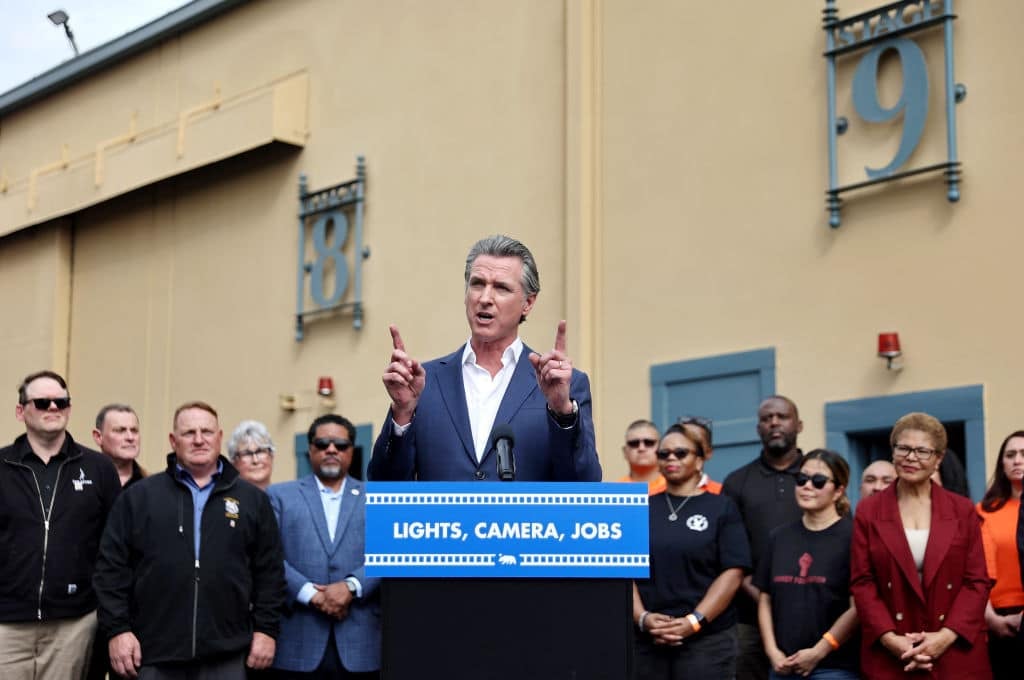A recent ballot measure in California was rejected by voters which would have raised the minimum wage higher than anywhere else in the country.
With 50.8% of California voters opposing proposition 32 to raise the minimum wage, the measure was rejected to potentially raise the minimum wage to $18 an hour by 2026.
According to Jennifer Barrera, President of the California Chamber of Commerce, “with the economy and costs top of mind for many voters this election, that message appears to have resonated.”
In 2016, California was the first in the country to raise the minimum wage to $15 an hour and currently is $16 an hour with all fast-food workers starting at $20 an hour.
The statewide measure to raise the minimum wage to $18 an hour was rejected but over 40 counties and cities in California already have adopted the $18 an hour minimum wage.
The proponents of the measure believed that Proposition 32 would stimulate the economy and uplight low-wage workers out of poverty, blaming big corporations of exploiting cheap labor.
Kathy Finn, President of the United Food and Commercial Workers 770 told the AP, “Proposition 32’s failure to pass is disappointing for all Californians who believe that everyone who works should earn enough to support their families.”
The opponents of raising the minimum wage included R0n Fong, President of the California Grocers Association, and Jot Condie, President of the California Restaurant Association, both asserted that the increase in minimum wage would create much higher costs for small businesses and ultimately make prices rise for consumers.
“Arguments about the minimum wage are always very emotional,” said economics professor at UCLA Till von Wachter. “Economic issues are top of mind right now, and that can lead to a rejection of a higher minimum wage.”
The Department of Labor reported that the highest minimum wage in the nation is in the District of Columbia which adopted a $17 per hour minimum. Hawaii recently voted to increase its minimum wage to $18 an hour but the newly adopted law would take effect until 2028.
